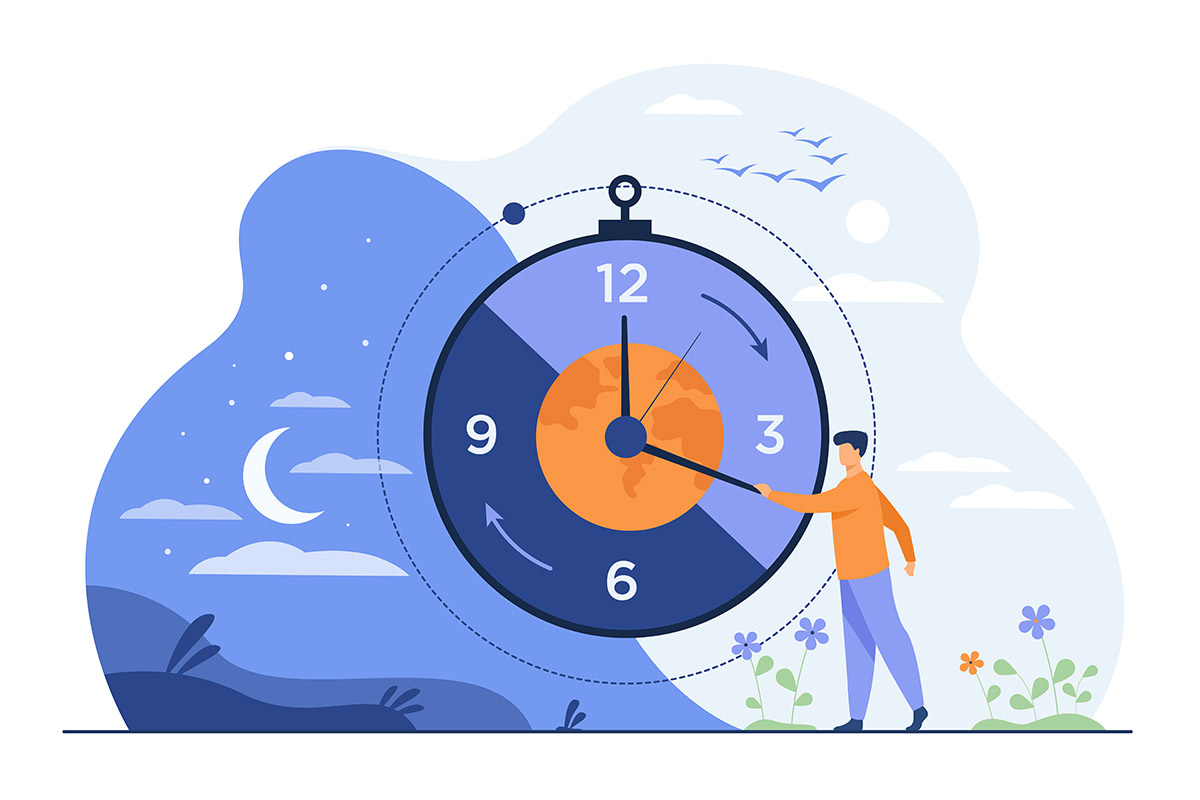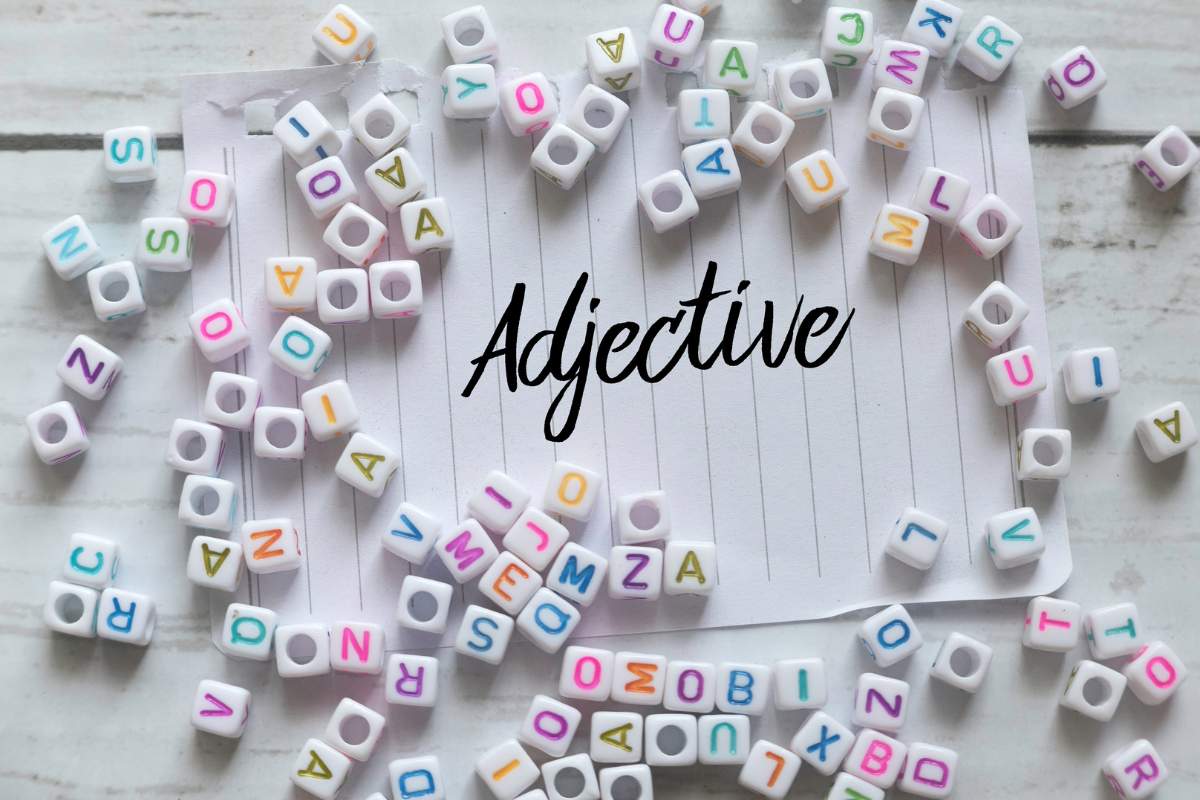For a strong communication, it is important to specify the time when an event or situation occurred as well as the situation itself. There are some expressions that need to be known for learning English tenses. These expressions will make it easier to understand the use and structure of tenses.
Learning English language tenses can be difficult at first, but all you have to do is keep a few sentence structures in mind and learn a few simple rules. We recommend that you start by breaking down the information into parts to understand. Let’s start with the basics.
The Times When Events Occur
Expressions such as present, past, perfect, future in the names of tenses are the concepts that help us to understand the structure of tenses and the times when events occur. Learning English tenses are important in two respects:
- It determines the time frame of the event or situation.
- They show how the verb will be used in terms of structure.
What Does the Expression Present Mean?
The expression present in any tense indicates that the event takes place in the present tense and that the verb or auxiliary verb is used in the present form, that is, V1 at this time.
What Does the Expression Past Mean?
It shows that the event occurred in past and has nothing to do with the present. Depending to learning English tenses the verb is used as past, that is, V2.
What Does the Expression Future Mean?
The time of occurrence of the event will be future. The verb is the expressions ‘will’ and ‘be going to’ that express future. These expressions take the infinitive without ‘to’.
Expression Perfect
In English, perfect sometimes means that an event is an action completed before a certain time or event. Sometimes it is an event or process that continues until a certain time. Depending to learning English tenses structurally, it is used as ‘have + V3’. The expressions present (have, has), past (had) and future (will have) used at the beginning of the perfect expression determine the situation in which the auxiliary verb ‘have’ will be used.
All perfect tenses are used for two kinds of events or situations:
- Maybe an action or process leading up to a major/event
- Action that happened before a certain moment
Expression Continuous
It means Continuous ‘be+V-ing’. To put it another way, it is that the event is continuing at the mentioned time. Expressions such as past (was, were), present (am, is, are), future (will be) are used at the beginning of the continuous expression to determine what the mentioned time is.
Then when we say present continuous; we understand that the transition time of the event is present and from the continuous expression. Depending to learning English tenses, the event is continuing.
- Present Continuous: (am, is, are) + V-ing
- The Past Continuous Tense: This tense is used for events that were going on at a certain time in the past.
- Past Continuous: (was/were+ V-ing)
Simple Present Tense
You can use the present tense if you want to tell someone about yourself or your hobbies, share something you believe is true, or ask when you can get on the next bus at the stop. Here are some examples:
- I want to be a writer.
- Istanbul is bigger than Samsun.
- The horror films starts at 8 p.m. every evening.
- Please do not use this product.
- Come here to help me.
Simple Past Tense
For learning English tenses check this examples; (I walked, he smiled). You can see ‘-ed ’ is added to verbs in the past tense. There are many irregular verbs that do not take this ‘-ed ’, so you will need to memorize these verbs. The English past tense talks about things that have already happened or are no longer true, instead of talking about the present. Use the simple past tense when you want to describe an event that has already happened. Here are some examples:
- Elif sometimes walked in the park.
- My father didn’t let me play computer games.
- I always lived in small house when I was child.
- She got a pencil from me last week.
Present Continuous Tense
You can use this tense to describe something that is happening now or in the near future. For learning English tenses here are some examples:
- The students are singing songs in the classroom.
- I am going to the market.
- You’re drinking some coffee.
- My child is constantly crying.
Simple Future Tense
Talking about the future is pretty easy: don’t make any changes to the verb and just add “will” or “is going to” before the verb. How will you know when “will” or “is going to” is used?
Don’t worry too much, you can use either one. “I’ll write you later.” from the meaning of “I will write you later.” or “I am going to write you later.” you can say. Both are correct.
According to learning English tenses there is a slight difference in meaning “going to” is more used for planned things. In the example above, the first sentence was said without much thought, but the second sentence gives the impression that you are sure to write him later.
If we summarize the topic this content, English tenses is a subject you need to know while learning this language. For this, we recommend that you learn the subject of learning English tenses by practicing from many sources.



